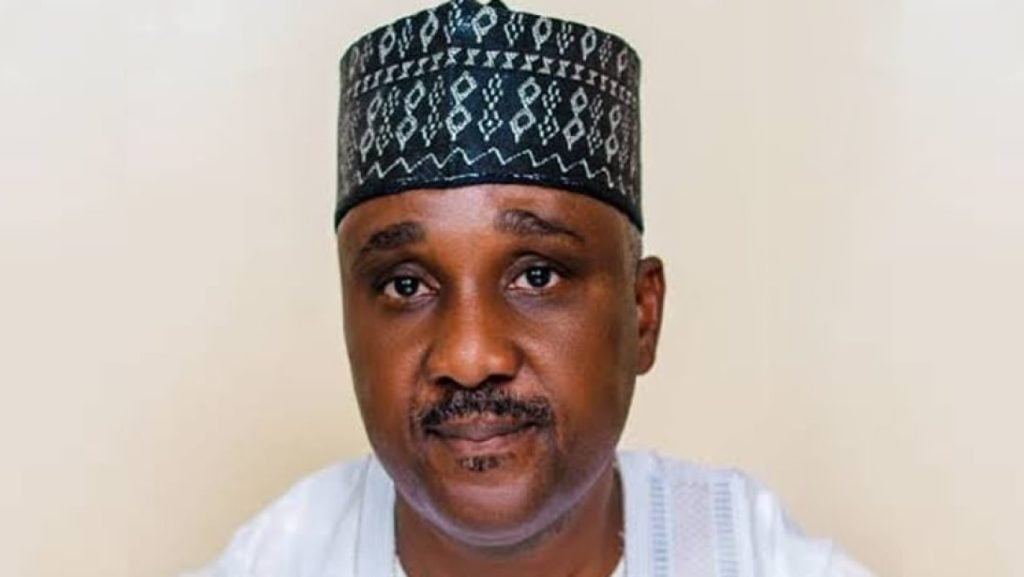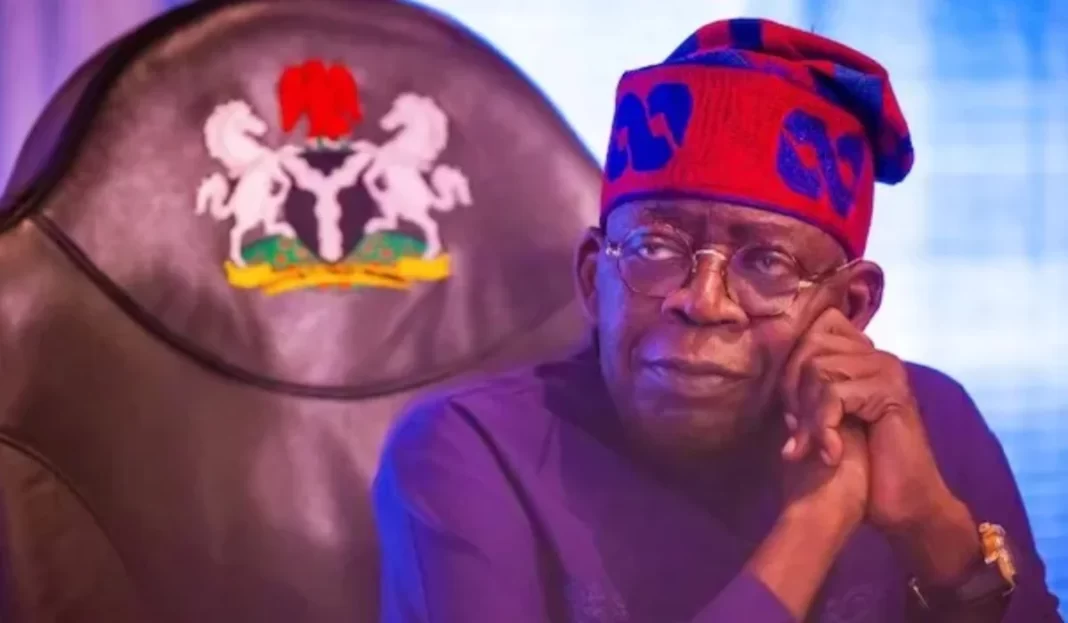By Milcah Tanimu
In a thought-provoking discourse, Abbas Tajudeen, the Speaker of the House of Representatives, delved into the formidable obstacles that hinder the elimination of corruption within Nigeria, citing its detrimental impact on the nation’s progress. Speaking at the Independent Corrupt Practices and Other Related Offences Commission (ICPC) Policy Dialogue on Corruption, Social Norms, and Behavior Change in Nigeria, Tajudeen highlighted the intricate interplay between corruption and societal norms.
Tajudeen’s address took place in the ICPC Auditorium in Abuja on a recent Tuesday, where he underscored the profound significance of recognizing corruption as a substantial impediment to the nation’s growth and development. He expressed concern over the persistence of certain behaviors, norms, attitudes, and expectations that foster corruption within the society, effectively enabling and perpetuating this deleterious phenomenon.
Diving deeper into the root causes of corruption in Nigeria, Tajudeen identified a confluence of factors that have contributed to its growth. These include frail governance structures, a lack of transparency and accountability, widespread poverty, and the cultural embrace of corrupt practices. Despite having a legal framework, policies, and institutions dedicated to combatting corruption, Tajudeen contended that the issue endures due to prevailing societal attitudes toward the acquisition of wealth, fame, power, and success, regardless of the means employed.
Tajudeen passionately articulated that the approach to curbing corruption should extend beyond surface-level reforms, akin to pruning the branches of a noxious tree, and instead target its very roots. Drawing an analogy to healthcare, he asserted that prevention is more efficacious than cure. He argued that effectively addressing corruption necessitates not only legal and institutional modifications but also a profound transformation of social norms and behaviors.
Within his discourse, Tajudeen expounded upon the concept of social norms, describing them as the unwritten rules and expectations that guide individual conduct within a society or specific group. He candidly noted that corrupt practices have, in numerous instances, become ingrained and normalized within the fabric of society. This normalization poses a significant challenge to eradication through legal means alone.
In conclusion, the Speaker championed the imperative of understanding and altering these deeply rooted social norms as an indispensable strategy for combatting corruption effectively. His impassioned discourse resounded as a call for a holistic approach, harmonizing legal reform with a profound shift in societal values and attitudes, all in pursuit of a corruption-free Nigeria.





